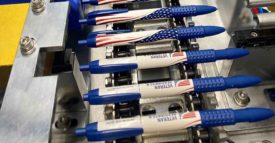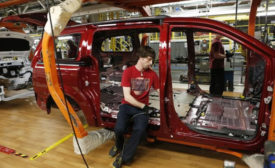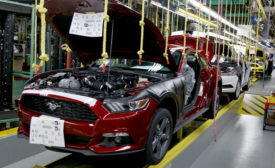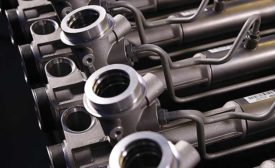Home » made in the USA
Articles Tagged with ''made in the USA''
Domestic production is thriving in sectors eager to avoid supply chain disruptions.
Read More
Reshoring Product Assembly
Reshoring reduced shipping costs, increased flexibility and shortened lead times.
August 5, 2020
Defending Made-In-The-USA Claims
To claim that a product is “made in the USA,” a manufacturer must make “all or virtually all” of the product in the USA.
October 9, 2017
Never miss the latest news and trends driving the manufacturing industry
Stay in the know on the latest assembly trends.
JOIN TODAY!Copyright ©2024. All Rights Reserved BNP Media.
Design, CMS, Hosting & Web Development :: ePublishing








